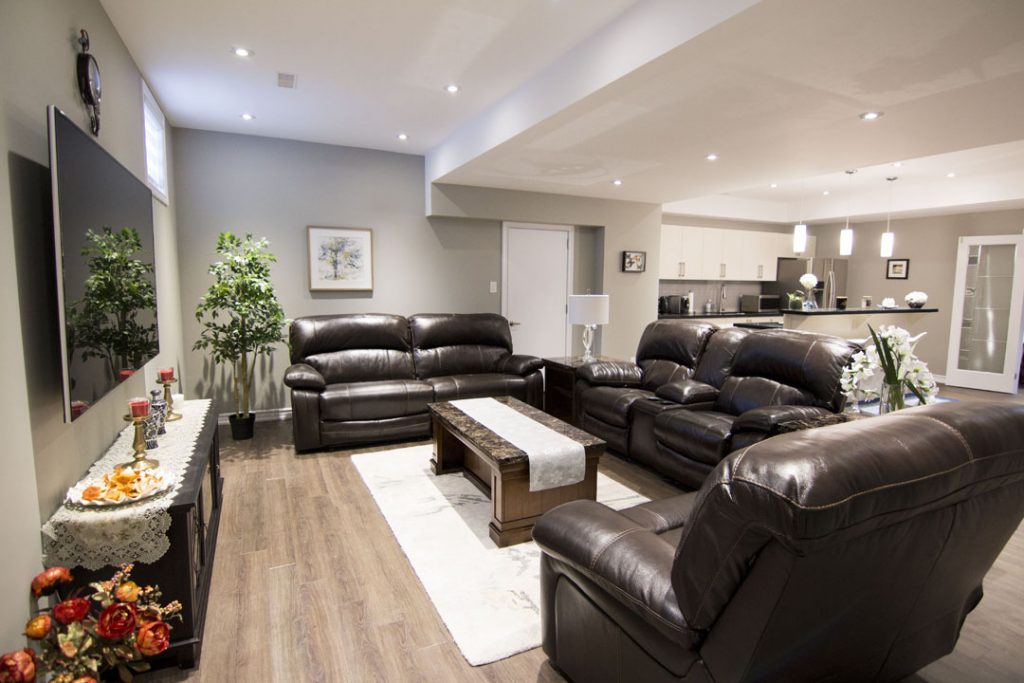The past year has seen the housing market go through waves, ultimately 2024 expecting to be a buyer’s market. With rental prices soaring, a legal basement apartment offers a practical solution for homeowners. This guide provides an in-depth look at the legal basement requirements in Ontario, ensuring the safety and comfort of your tenants.
What makes a basement apartment legal in ontario
Before you advertise your basement for rent, it’s crucial to understand what makes a basement apartment legal in Ontario. Let’s go through the specific criteria determined by the Ontairo Buillding Code and the Second Suite By-Laws.
What Is Required For A Legal Basement Suite
Determining what makes a basement apartment legal in Ontario is crucial for both tenants and landlords. Tenants should verify the legal status of the rental unit by requesting specific documents from the landlord. These include:
- ESA Certificate: This certificate or an ESA sticker in the main breaker panel indicates that the electrical system complies with safety standards.
- Fire Certificate: Issued by the Fire Authority, it confirms the unit meets fire safety requirements.
- Certificate of Compliance: This certificate is key to prove the basement’s registration and compliance with local regulations.
If a landlord fails to provide these documents, tenants have the right to contact the local municipality to file a complaint. The municipality may enforce actions such as requiring the landlord to rectify non-compliance issues, potentially leading to eviction or fines. In cases of harassment, legal action may be taken against the landlord.

Your Legal Basement Apartment Checklist
For landlords, meeting the legal basement requirements in Ontario involves several key steps. This process is not just about turning an unused space into a profitable asset; it’s about ensuring that every aspect of the rental aligns with provincial regulations and standards.
Ready To Transform Your Basement Into A Legal Basement Suite?
Transforming your basement into a legal rental unit in Ontario requires careful adherence to specific regulations. By meeting these standards, you offer a safe and appealing living space, ensuring a sound investment.
Ready to start your basement rental project in Ontario? Contact the Harmony Basements team to navigate through Ontario’s legal requirements and create a valuable rental space in your home.
The post Legal Basement Requirements in Ontario appeared first on Harmony Basements.
https://harmonybasements.ca/legal-basement-requirements-in-ontario/
Did you miss our previous article...
https://manstuffnews.com/basement-ideas/redefining-your-basement-space-a-creative-outlook
 Backyard GrillingWeekend WarriorsAdvice from DadBeard GroomingTV Shows for Guys4x4 Off-Road CarsMens FashionSports NewsAncient Archeology World NewsPrivacy PolicyTerms And Conditions
Backyard GrillingWeekend WarriorsAdvice from DadBeard GroomingTV Shows for Guys4x4 Off-Road CarsMens FashionSports NewsAncient Archeology World NewsPrivacy PolicyTerms And Conditions
